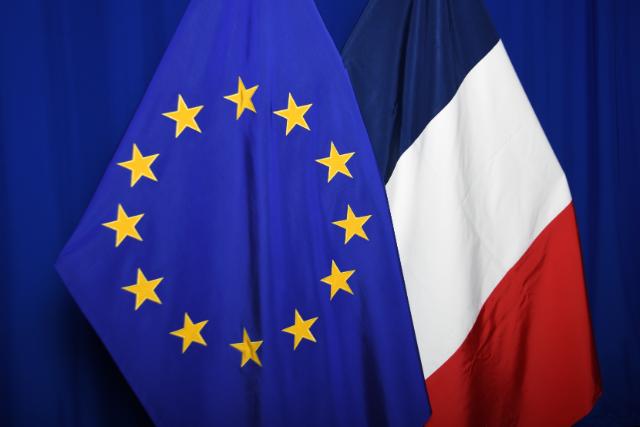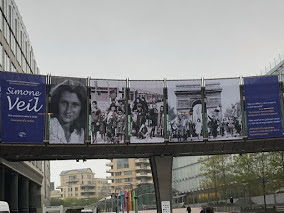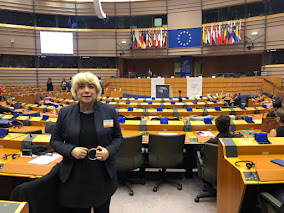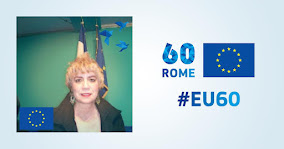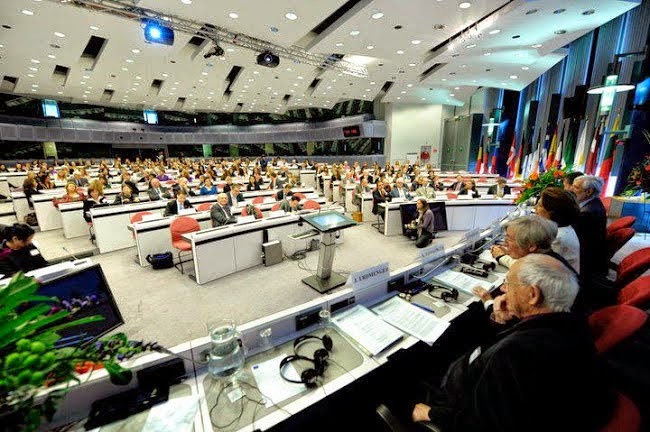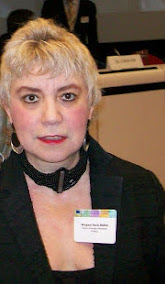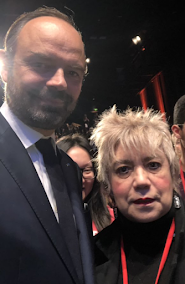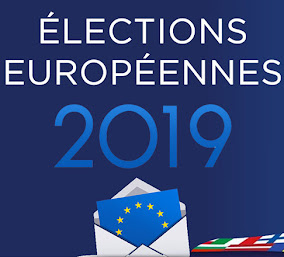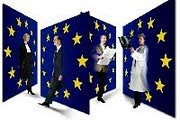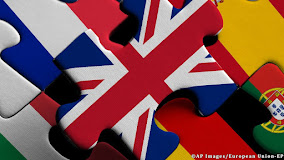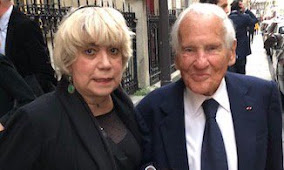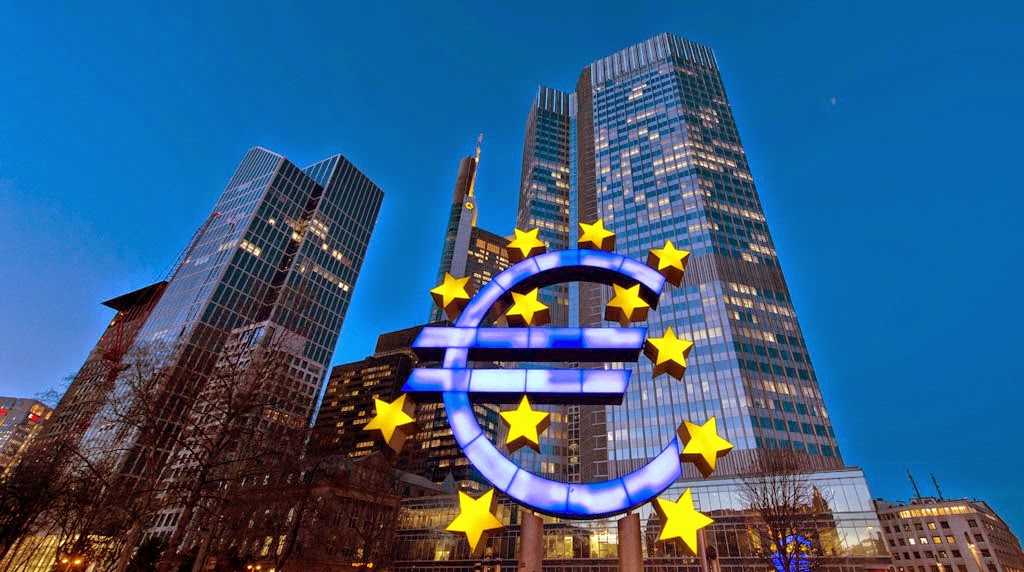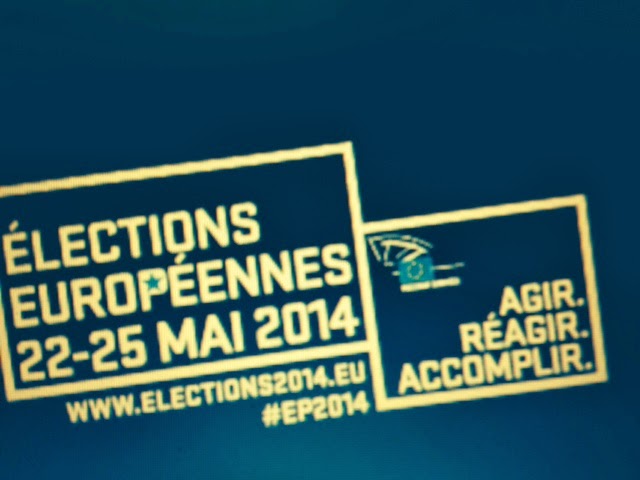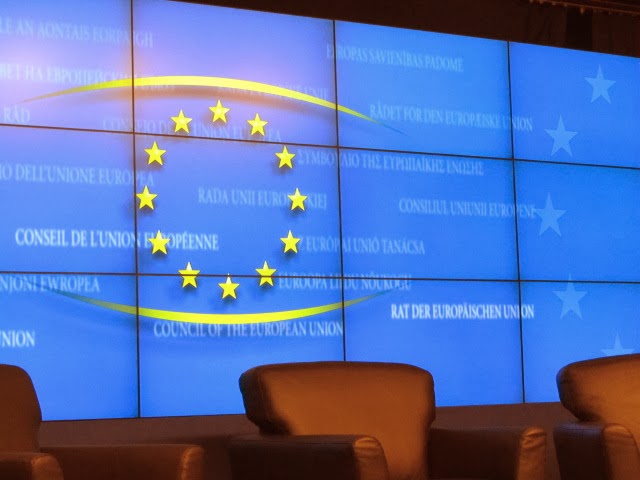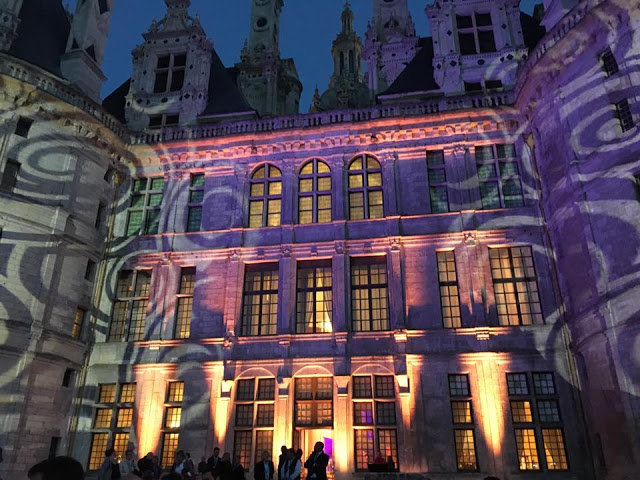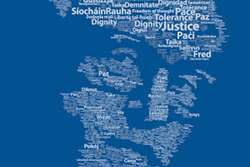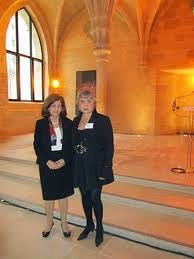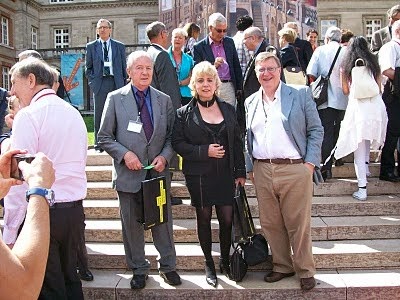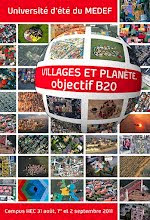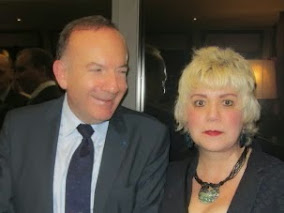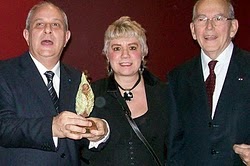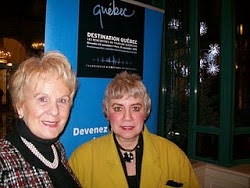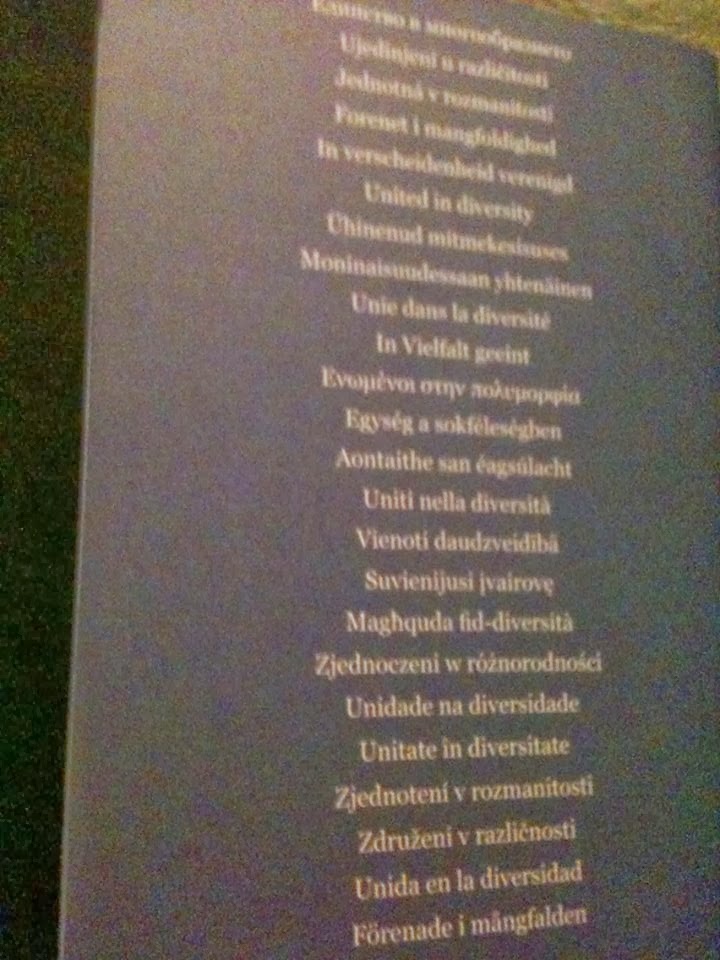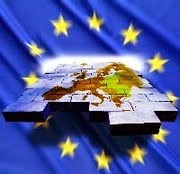A eu lieu
du 5 au 11 octobre 2012 à Strasbourg,
la Démocratie :
"La démocratie à l'épreuve :
entre modèles anciens et réalités nouvelles",
thème de ce premier
Forum mondial de la Démocratie
organisé par le Conseil de l'Europe, et ouvert en présence du Secrétaire Général de l'ONU Ban
Ki-moon et de M. Tawakkol Karman, prix Nobel de la Paix 2011.
Pendant trois
jours et demi, le Palais de l'Europe a abrité un millier de
participants (moi même), du monde entier à un foisonnement de débats de tous formats
sur les thématiques de la démocratie.
Les rencontres se voulaient
également un lieu d'échange d'expériences et de bonnes pratiques.
Valeurs virtuelles ? Démocratie et nouveaux réseaux sociaux... Les
acteurs du printemps arabe avaient été invités à témoigner, l'Afrique, la Russie, le Mexique...
BREF APERCU :
INTERVENTIONS
Official opening of the World Forum for Democracy by the Secretary General of the Council of Europe, Mr Thorbjørn Jagland. (World Forum for Democracy, Strasbourg, 5-11 October 2012).
"Democracy is a guarantor of progress and prosperity"
Bernard Cazeneuve : la démocratie n'est pas un modèle figé, elle se réinvente et se récrée
« La responsabilité des médias »
Intervention de Mme Nawal El Saadawi (Egypte), écrivaine, lauréate du prix Nord-Sud (2004)
france24
À l'occasion du Forum mondial de la Démocratie organisé par le Conseil de l'Europe à Strasbourg, Caroline de Camaret rencontre Abdelilah Benkirane. Il défend l'action de son gouvernement en faveur de la lutte contre la corruption et l'économie de rente, une des priorités affichées de son mandat
Plénière Clôture
Plénière Clôture
*Forum Mondial de la Démocratie : "L'Europe, acteur global ?"*
*Forum Mondial de la Démocratie : "Régionalisation et démocratie"*
*World Forum for Democracy au Conseil de l'Europe à Strasbourg : Mexicains...*
Crédit Photos ©Morgane BRAVO
Mme Lydia MADERO, Observateur Permanent du Mexique auprès du Conseil de l'Europe
Mme. Denise Dresser, professeure de Sciences politiques,Institut technologique autonome de Mexico (à droite)
Morgane BRAVO & M. Kim JAE-HYO Secretary-General, The Secretariat of NEAR
(The Association of North East Asia Regional Governments)
Morgane BRAVO
a permis de suivre les débats sur Twitter.
Félicitations au Conseil de l'Europe, pour l'organisation!
Enfin, Rendez-vous...2013 :
